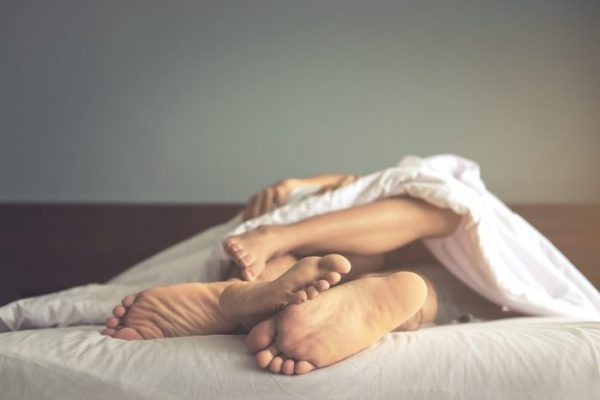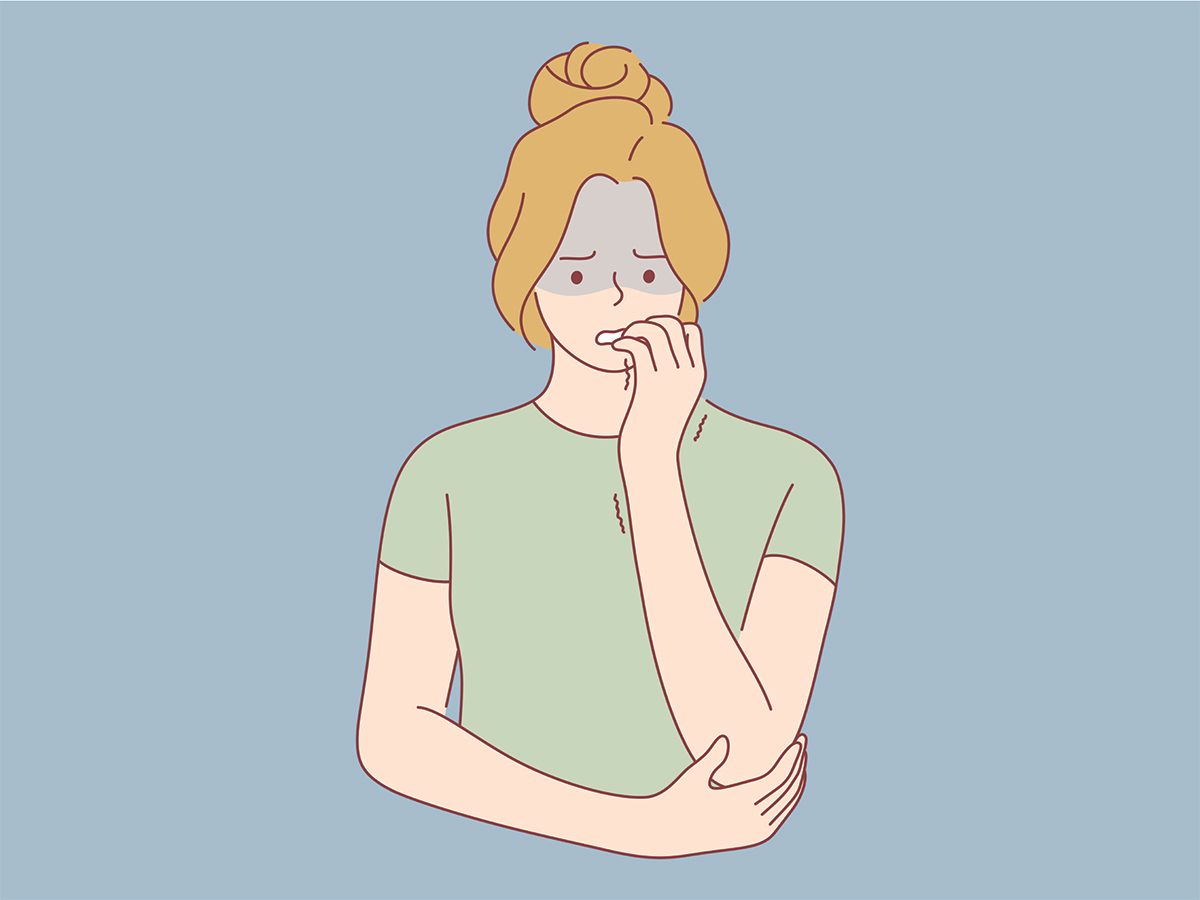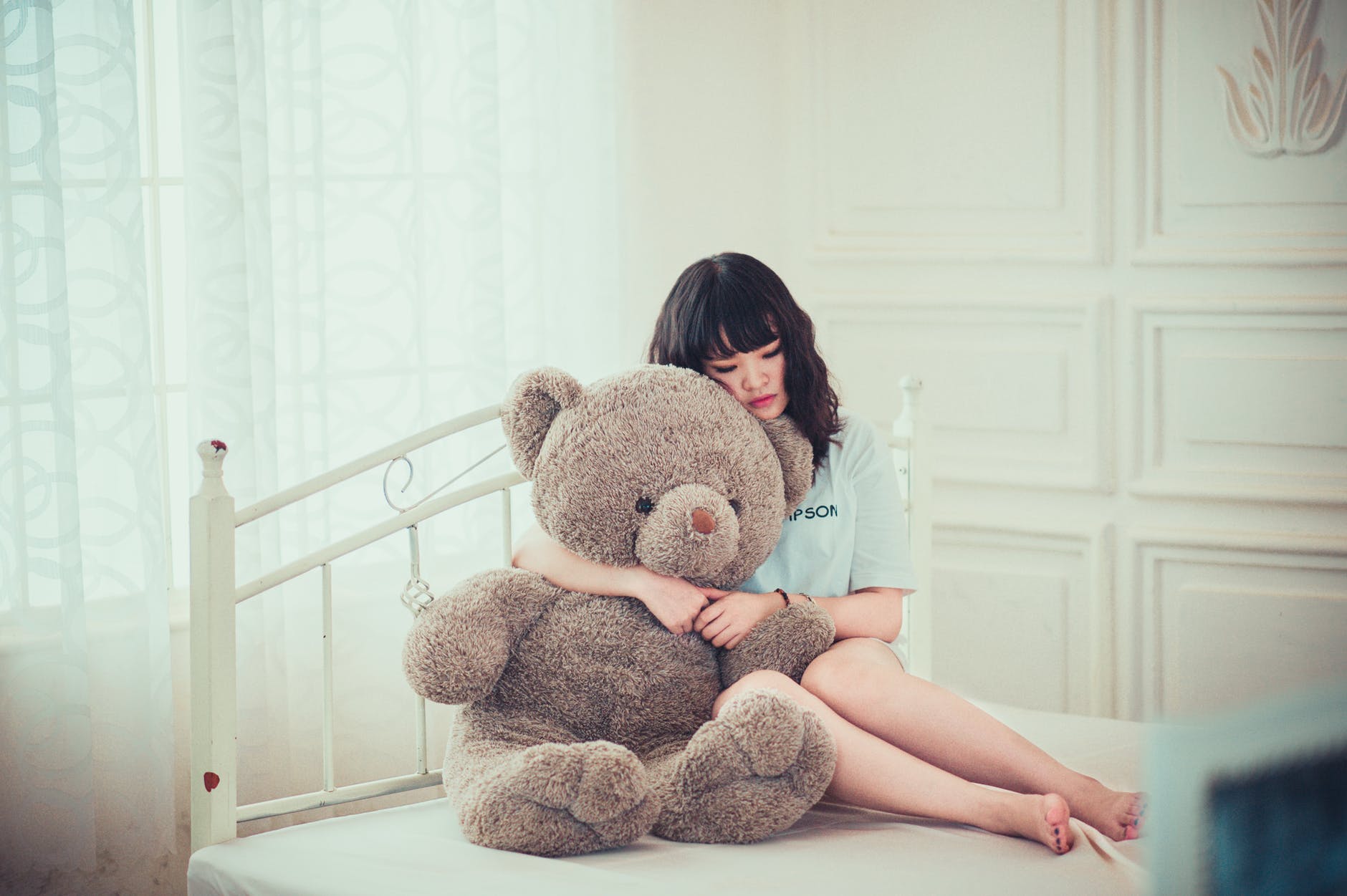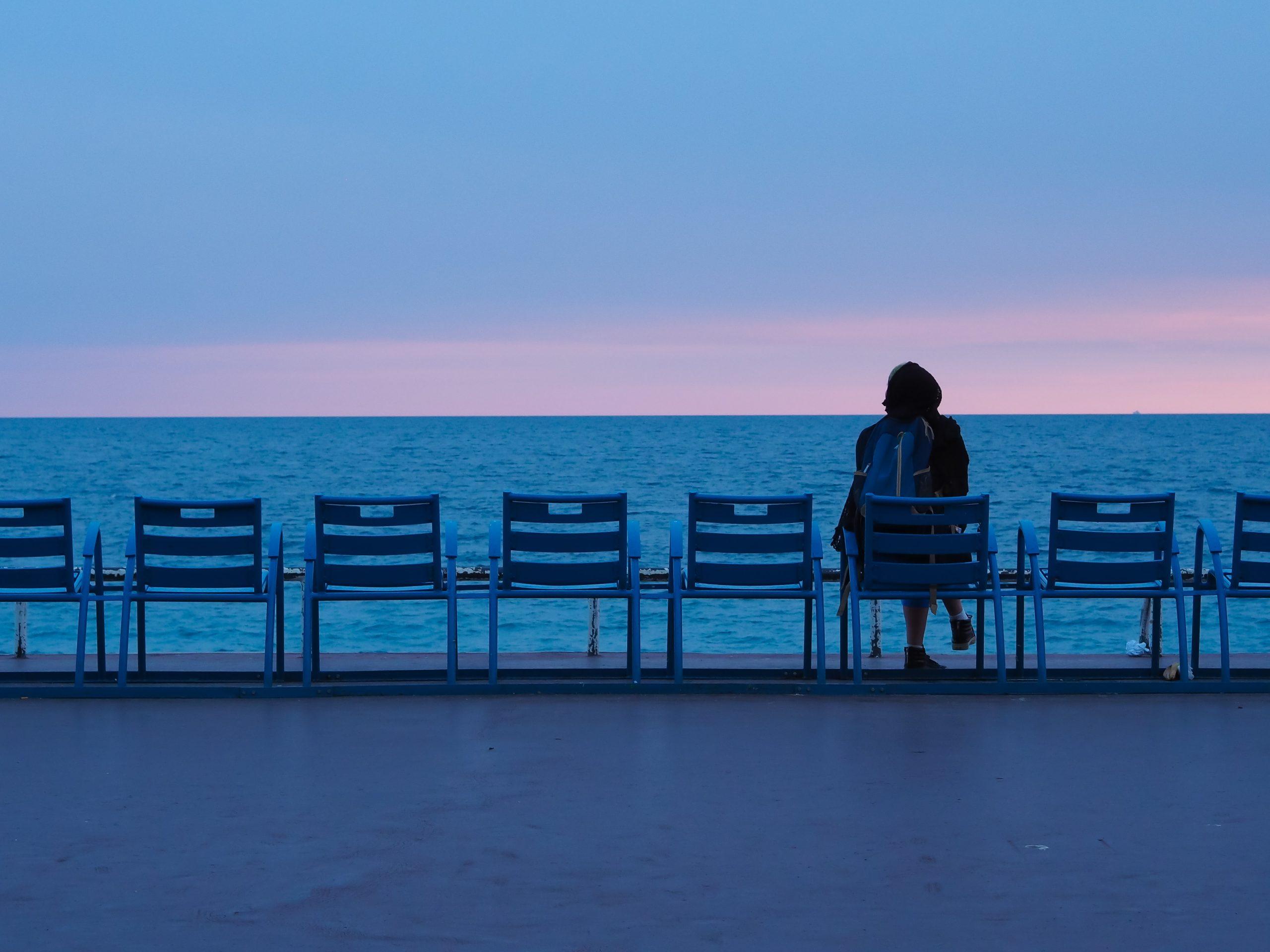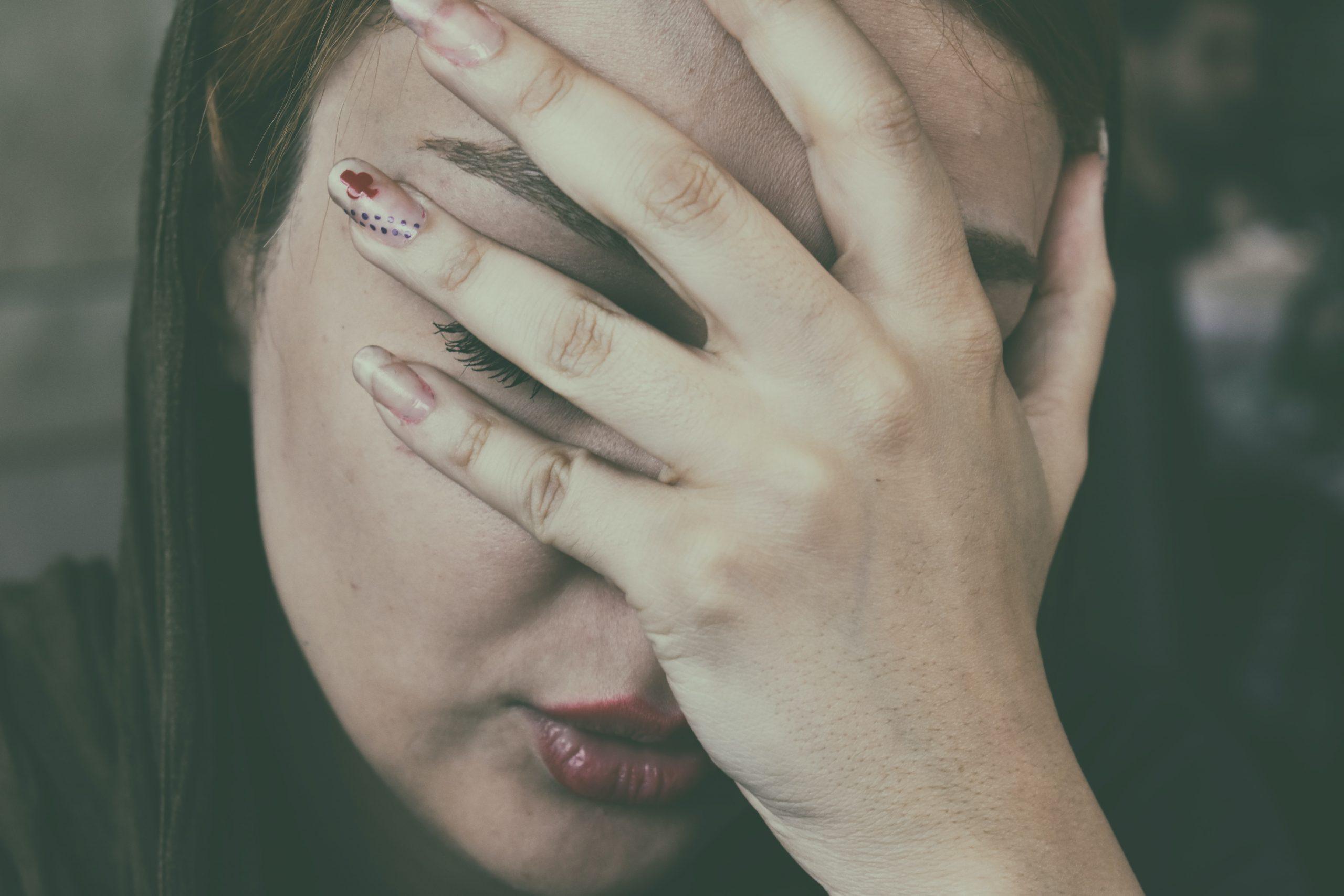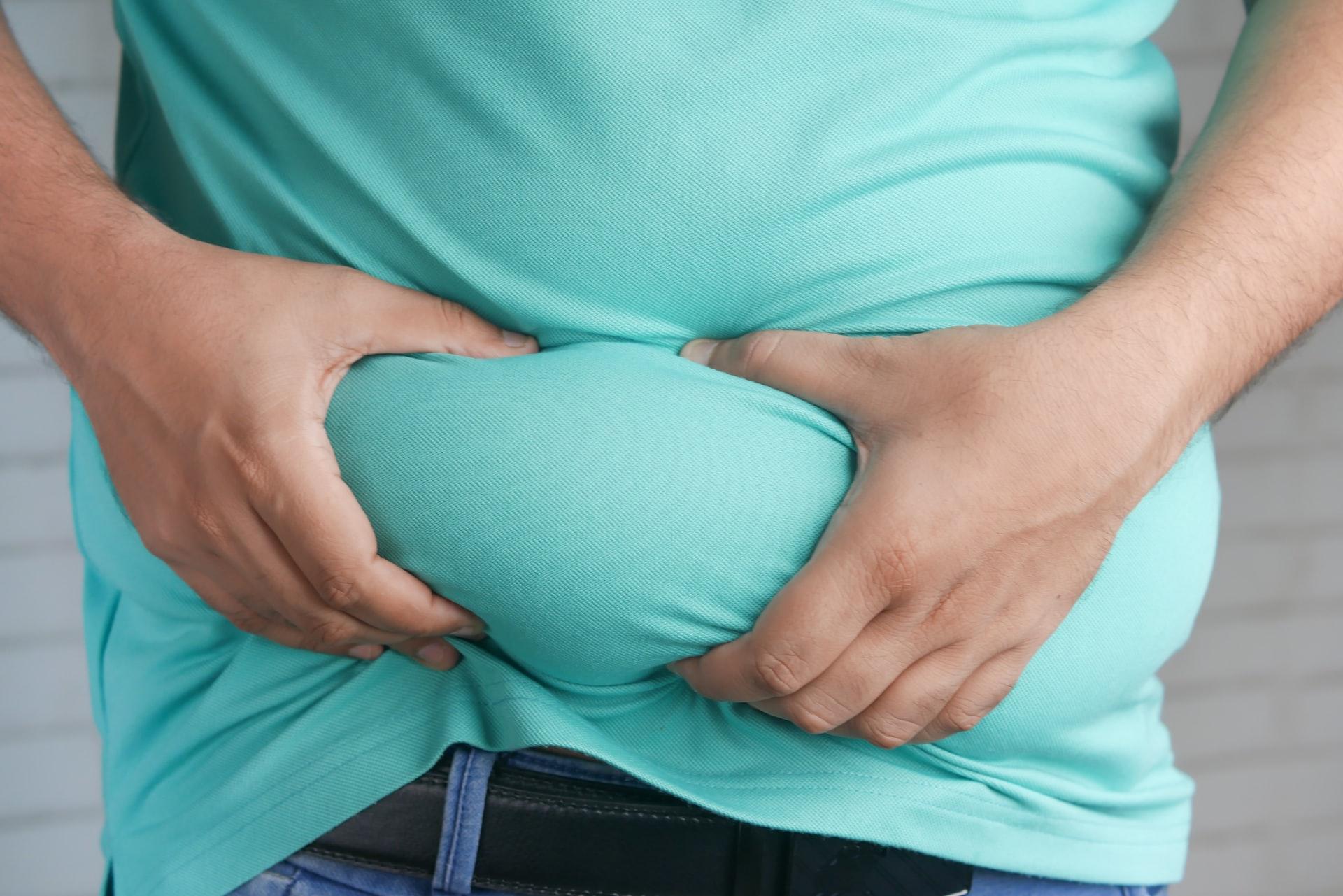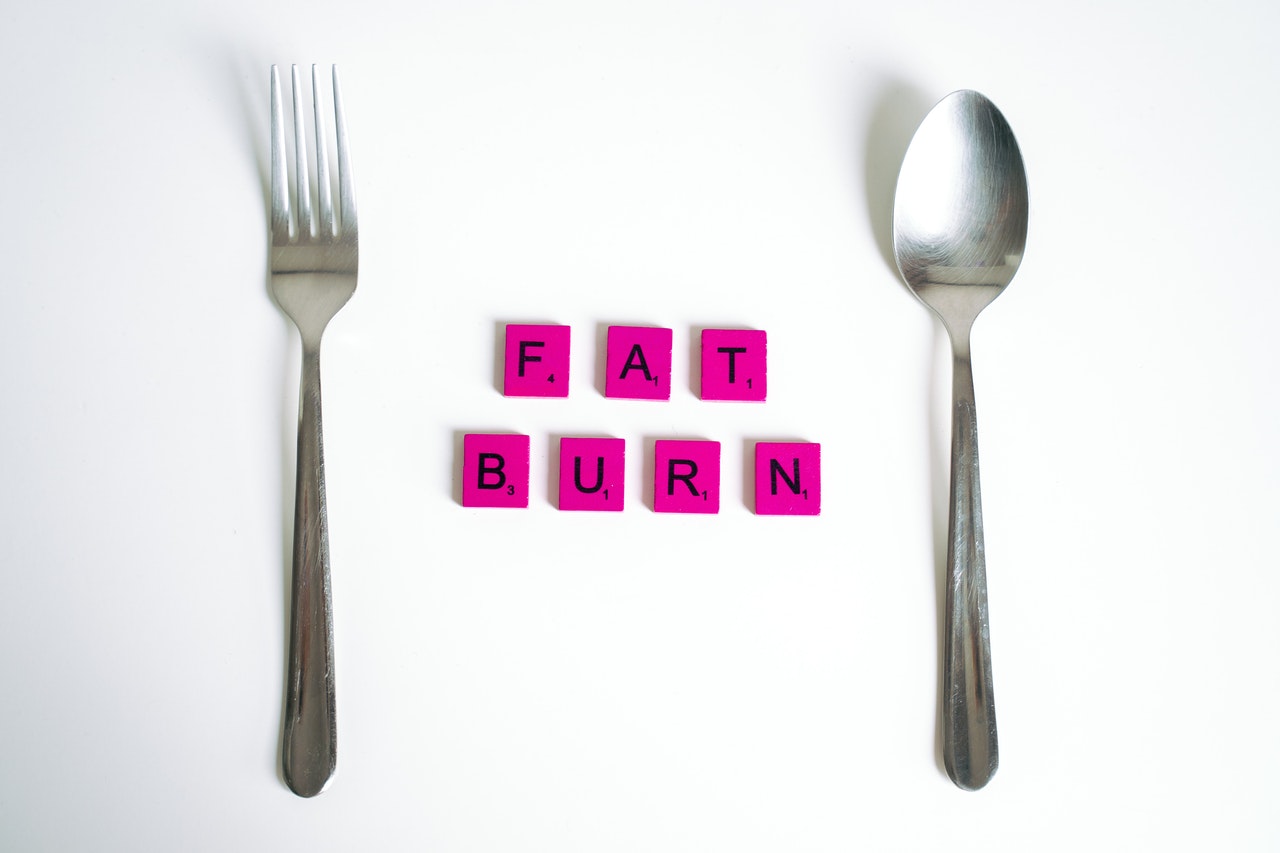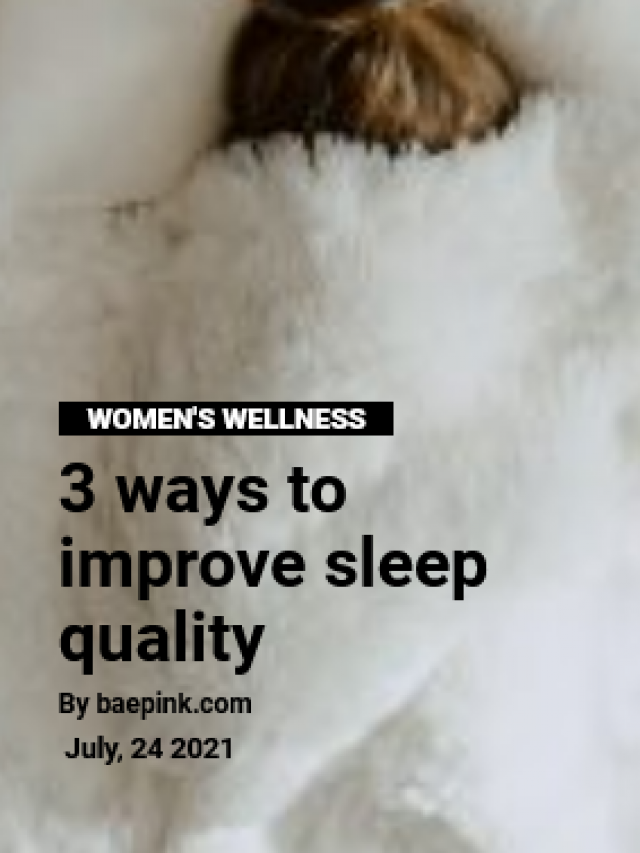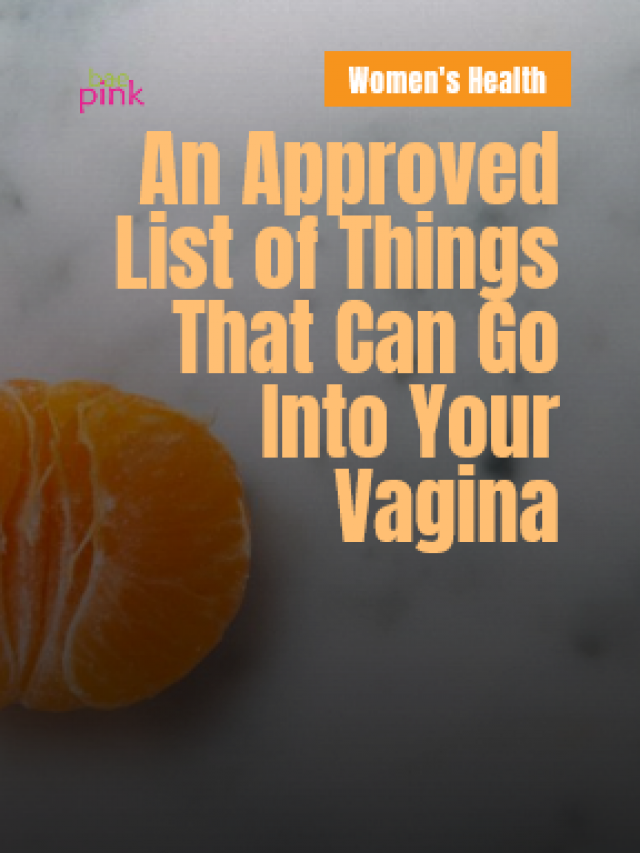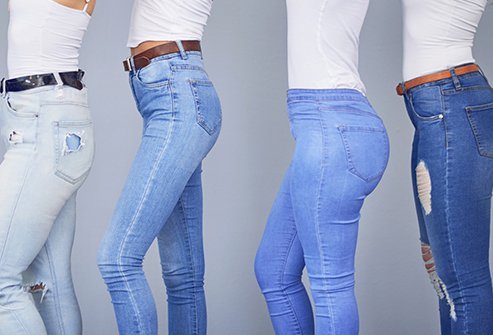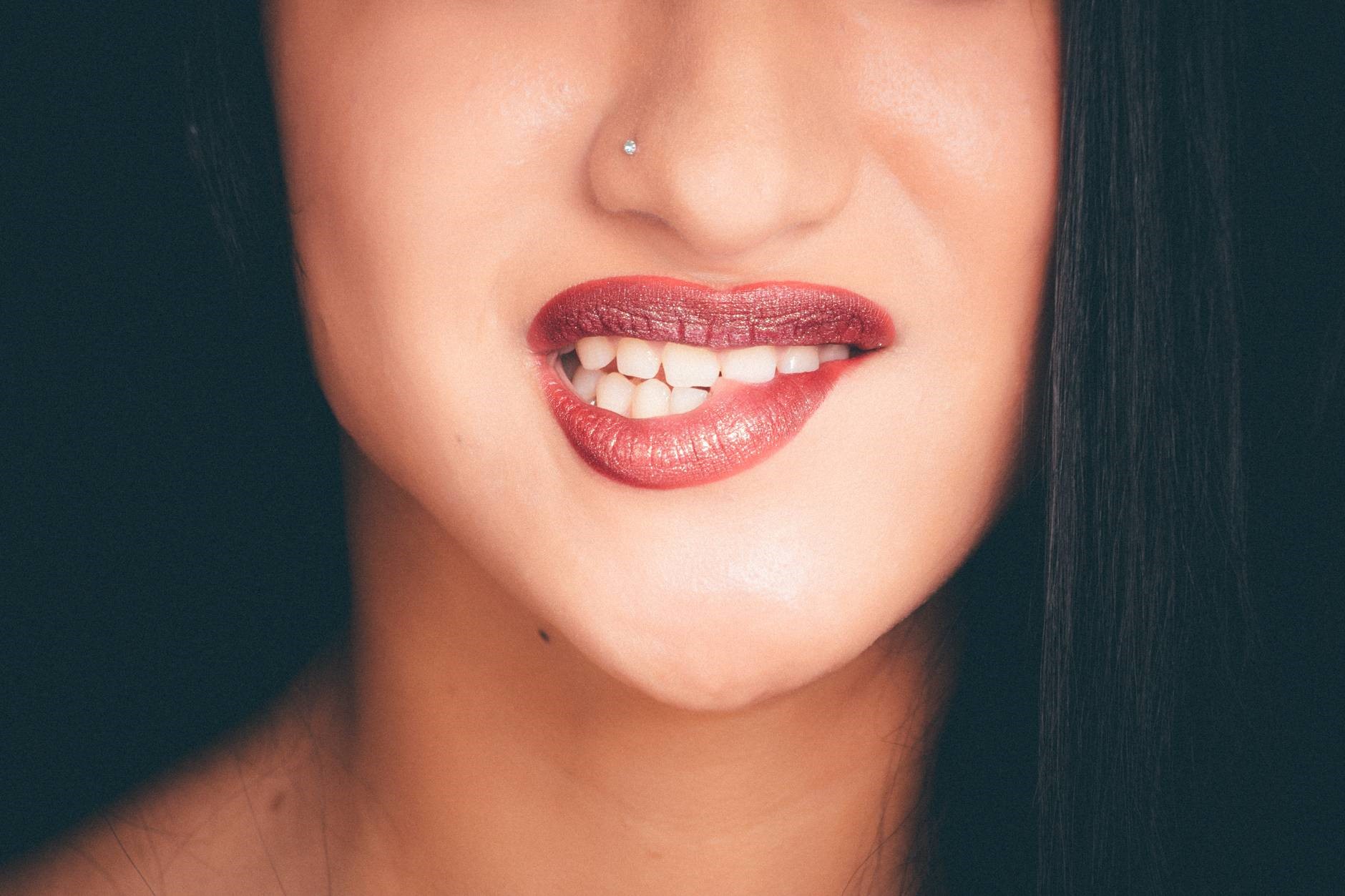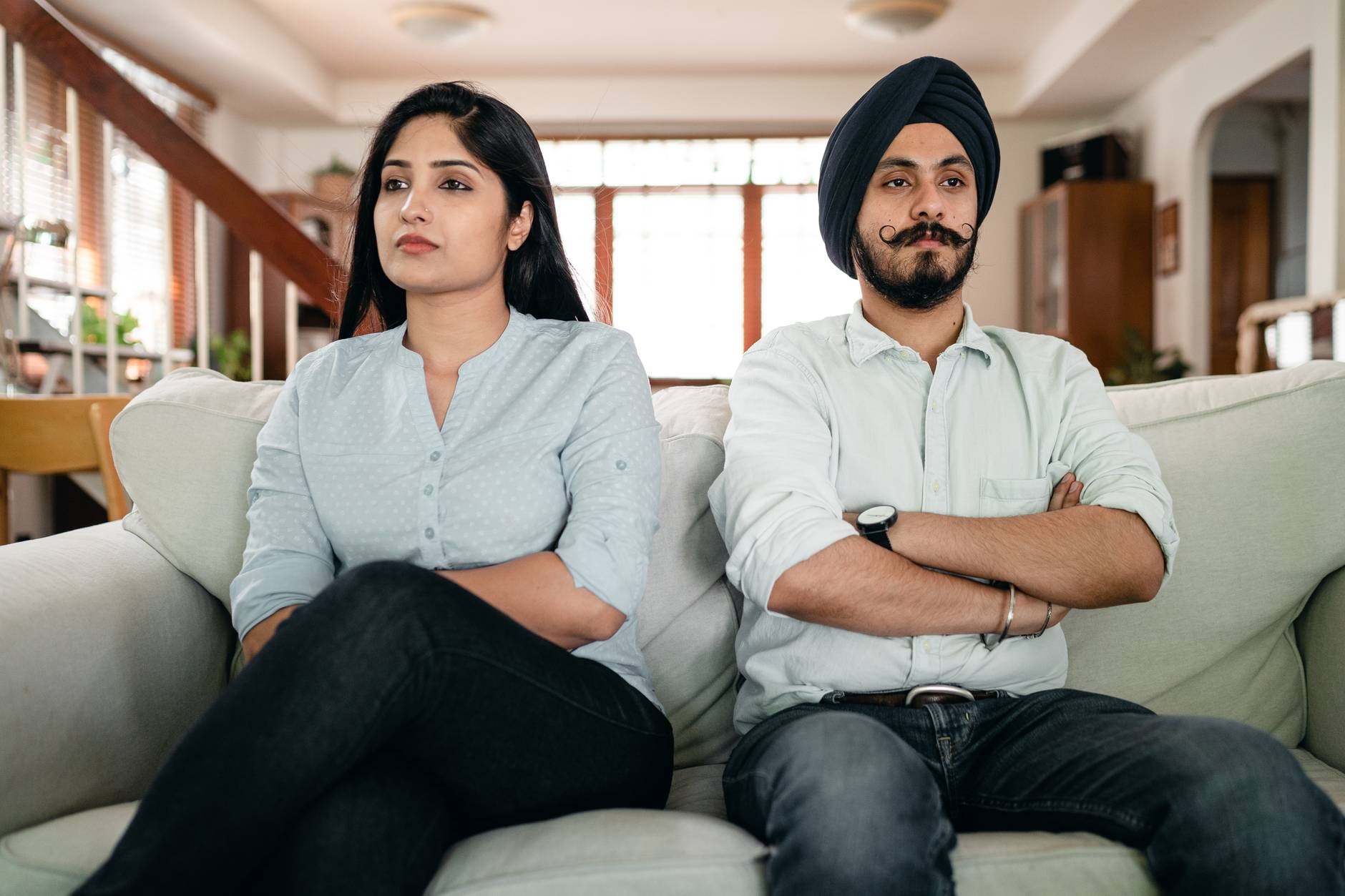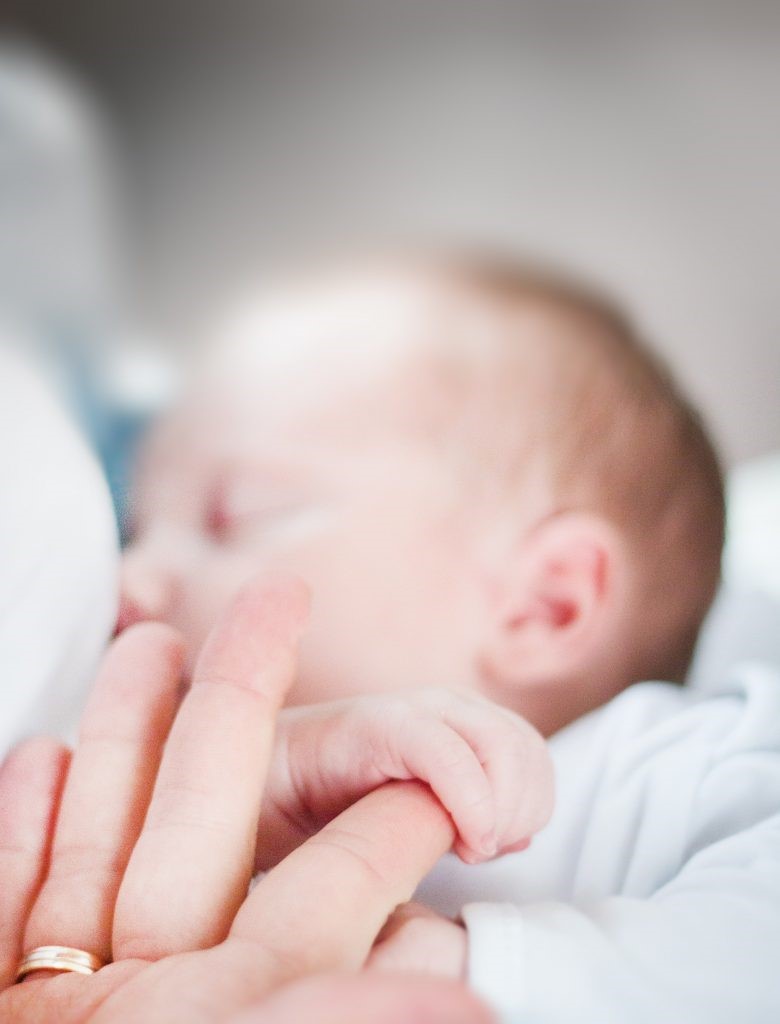Yes, even your sleep quality may impact libido. And the research on sleep and libido warrants its own section. One 2015 study in the Journal of Sexual Medicine on 171 women found that those with a longer average sleep duration reported better genital arousal and sexual desire the next day.
Other research in the Journal of Clinical Sleep Medicine looked at 523 men with obstructive sleep apnea (OSA). Researchers found that one-third of the men who had severe sleep apnea also had reduced levels of testosterone.
Another small study on 28 healthy young men found that after a week of sleep restriction to five hours per night, testosterone levels decreased by 10 to 15 percent, according to JAMA.
As people age, hormonal changes are normal. This includes the natural decline of testosterone, resulting in lower levels of sexual desire. Drastic changes could decrease libido.
For men, testosterone levels below 300 nanograms per deciliter (ng/dL) are low, per the American Urological Association (AUA). Not only does low testosterone cause low libido in men, but other types of hormonal imbalances can, too. This includes high prolactin levels, high estrogen levels, low thyroid levels, or high cortisol (stress hormone) secretion, according to S. Adam Ramin, MD, a urologist and the medical director of Urology Cancer Specialists in Los Angeles.
Many women do not realize that menopausal hormonal changes, including that in testosterone, can affect their libido, says Maria Sophocles, MD, a board-certified OB/GYN, the medical director of Women’s Healthcare of Princeton in New Jersey. “Not only does estrogen and progesterone decrease after menopause, but the ovaries make testosterone, and this decreases as well,” she notes.
Women’s libido may especially dip during this time if they are experiencing a common side effect of menopause, painful sex. And up to 45 percent of women have painful sex after menopause, according to the North American Menopause Society. If sex is painful, there’s a high likelihood you may have less interest in it.


